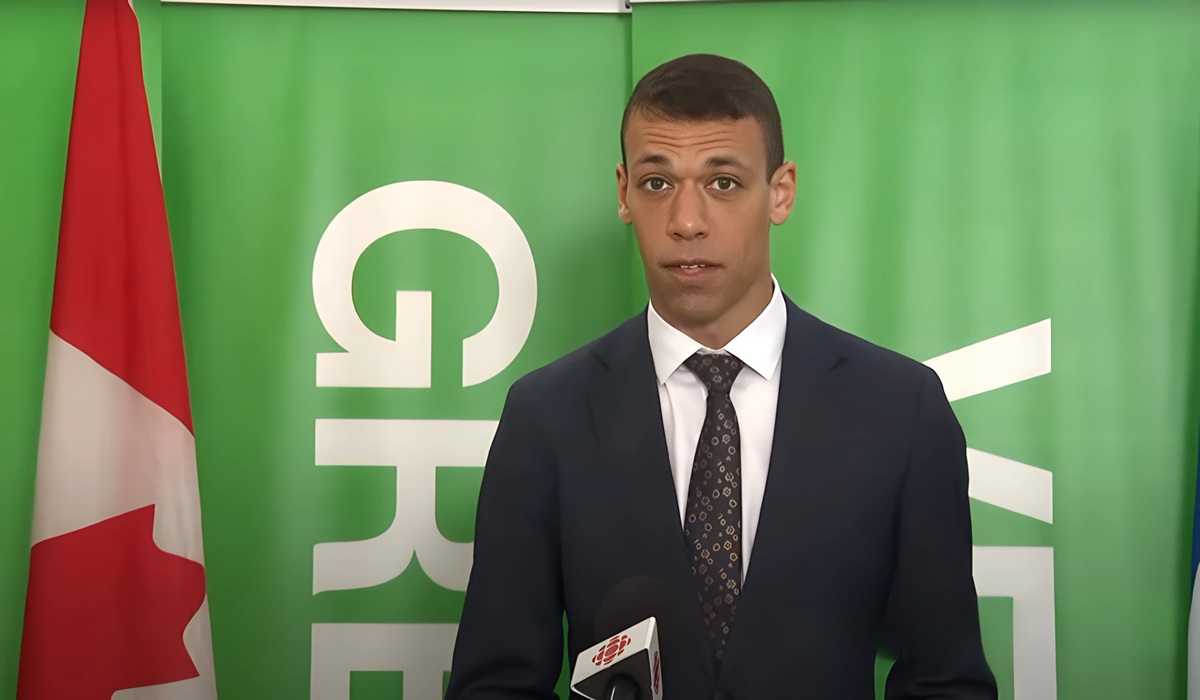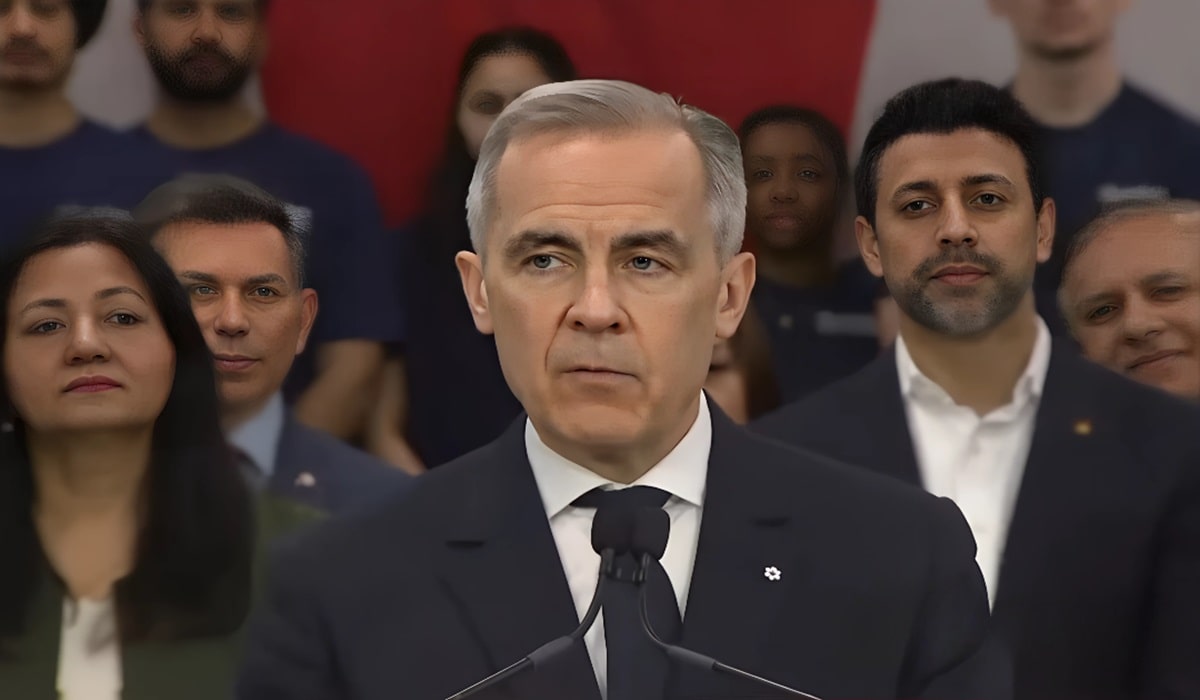Chaos, Claims, and Cancelled Scrums: English Debate Leaves More Questions Than Answers
- TDS News
- Canada
- April 18, 2025

The final English-language federal leaders’ debate took place on April 17, 2025, in Montreal, offering Canadians a rare opportunity to see the main party leaders face off on a national stage. With the election just over a week away, the event was expected to provide clarity for undecided voters—but instead, it quickly turned into a familiar political performance with each leader claiming victory and no consensus on who truly stood out.
The debate focused on a wide range of issues, including housing affordability, rising inflation, energy security, immigration, and the country’s response to escalating trade tensions with the United States. The leaders came prepared with rehearsed talking points and sharpened attacks, leaving little room for surprises or meaningful exchanges. Accusations flew, interruptions were common, and the format did little to draw out substantial policy differences. What was clear, however, was that each party came into the debate with its strategy already cemented—and none were willing to shift course.
The aftermath of the debate was thrown into confusion when all scheduled post-debate media scrums were suddenly cancelled due to what organizers cited as “security concerns.” The abrupt cancellation stunned journalists and campaign staff alike, many of whom were already positioned and prepared to speak with party leaders. No additional details were provided, leaving many to question how such a major event could be so easily disrupted, especially given the high-security standards typically enforced around federal debates.
In the vacuum left by the missing scrums, social media became the battleground. Within minutes of the debate ending, every campaign was pushing out clips, quotes, and graphics claiming their leader had delivered a dominant performance. Hashtags were coordinated, supporters were mobilized, and campaign accounts flooded timelines with curated moments designed to create the illusion of victory. According to party insiders, all camps left the debate hall with one message in hand: their candidate won.
The reality is harder to pin down. There was no clear knockout moment, no viral zinger that defined the night. What remains is the growing sense that debates have become less about persuading voters and more about posturing for headlines and memes. With the scrums cancelled and spin machines in overdrive, Canadians were left with little more than noise to sift through.
As election day approaches, the debates—while televised and widely viewed—have once again demonstrated their limits. They offer spectacle, but not always substance. And without real access to the leaders in the critical moments afterward, voters are left to navigate the fog of political messaging on their own.








